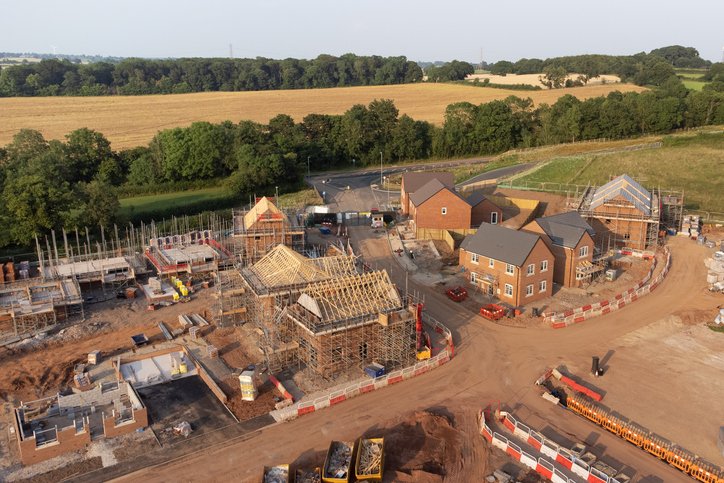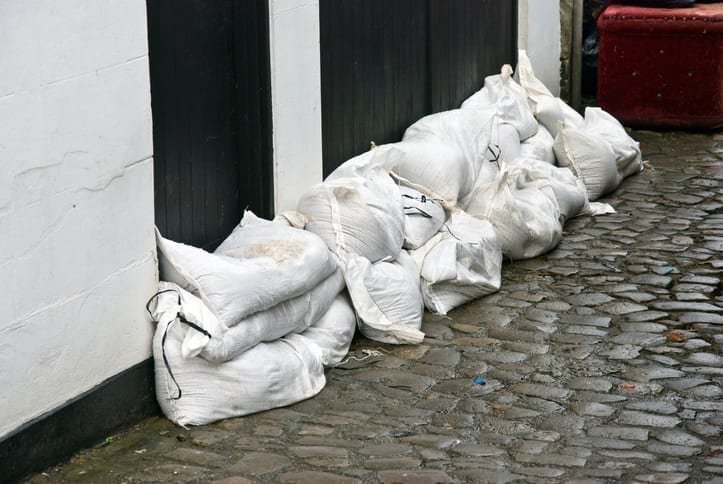How Biodiversity Net Gain works
Biodiversity Net Gain (BNG) will apply to new planning applications, rather than existing applications.
BNG is measured in biodiversity units calculated through the statutory metric tool. This calculates how many units a habitat contains before development, to then calculate how many biodiversity units are needed to provide at least 10% BNG.
The statutory biodiversity metric considers the size, quality, location and type of habitat.
BNG can be achieved through on-site units, off-site units or through statutory biodiversity credits.
These credits will be available as a last resort from the government, to prevent delays in the planning system.
To ensure BNG provides lasting benefits for the environment, the government has set out how the improved significant on-site and off-site habitats will be managed for the long term.
Significant on-site and all off-site gains will need a legal agreement with a responsible body or local authority to monitor the habitat improvements over the 30-year period.
‘We need to take this opportunity and make sure Biodiversity Net Gain can help towards nature’s recovery. Central government, local authorities, developers, and nature charities like The Wildlife Trusts must work together to bring nature to our doorsteps and wildlife to our windows.’
DAVID MOONEY
CEO of London Wildlife Trust
Rolling out BNG
As BNG is implemented on 12 February it will apply to applications for major developments only and will be implemented for small sites (between one and nine dwellings) from 02 April 2024.
Roll-out of BNG for Nationally Significant Infrastructure Projects is expected in late 2025.
Natural England has also created a Habitat Management and Monitoring Plan template to support management.
Through the new biodiversity gain hierarchy on-site BNG is prioritised, which involves developers creating new habitats or enhancing existing habitats on the development site.
If this is not possible, developers can buy off-site biodiversity units from landowners via a private market.
Landowners may include private organisations, farmers, local authorities and NGOs.
After both on-site and off-site BNG have been considered, as a last resort, developers will be able to purchase statutory biodiversity credits from the government, which will be reinvested in habitat projects across the nation. This will help to ensure that delays in the planning system can be avoided.
The delivery of BNG within the red line boundary must be considered first before looking off site.
 Play Video about This Rock Might Just Save The World
Play Video about This Rock Might Just Save The World Play Video about Play 2 hours of rock
Play Video about Play 2 hours of rock Play Video about Play 2 hours of brook
Play Video about Play 2 hours of brook Play Video about Play 2 hours of sheep
Play Video about Play 2 hours of sheep















































